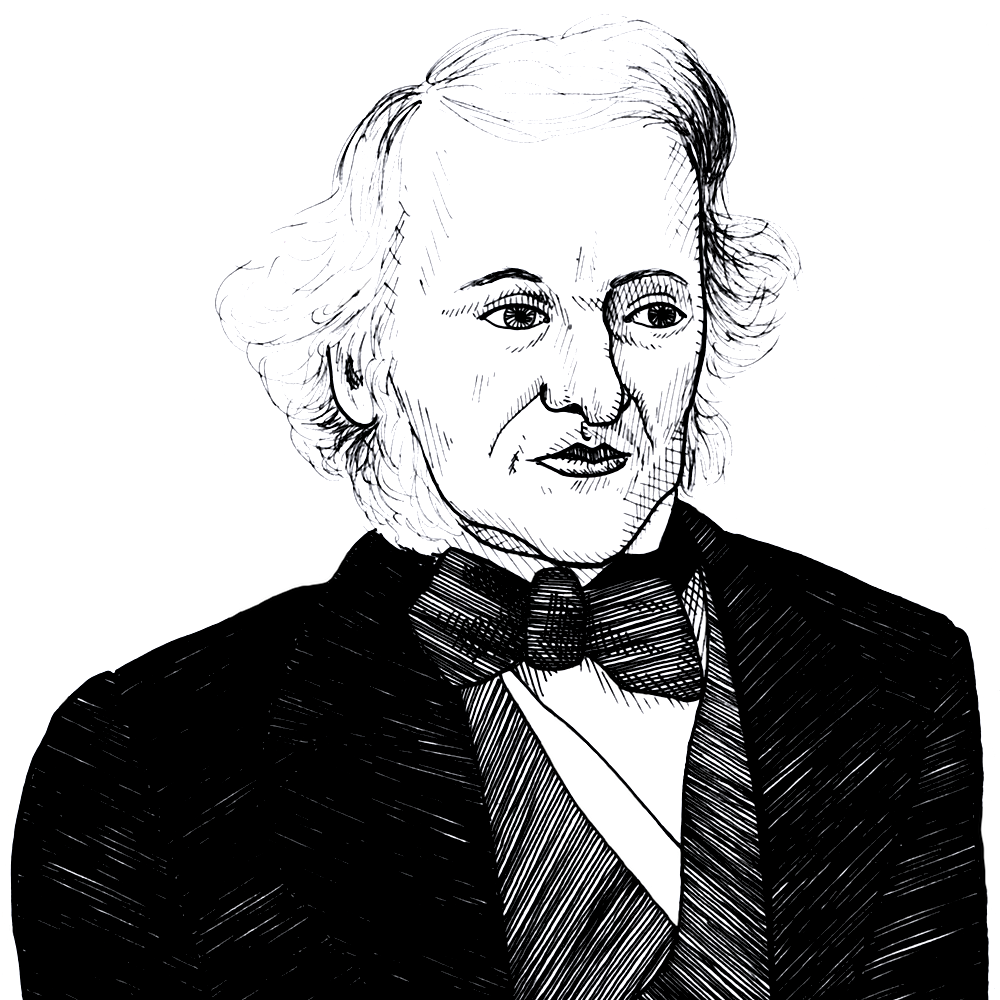
Cobden urges the British Parliament not to be the “Don Quixotes of Europe” using military force to right the wrongs of the world (1854)
Found in: Speeches on Questions of Public Policy. Vol. 2 War, Peace, and Reform
The British Member of Parliament Richard Cobden (1804-1865) urged the Commons not to intervene in the conflict between Russia and the Ottoman Empire (the Crimean War 1854-56) as it was not Britain’s job to be the “Don Quixote of Europe” who would ride around the world righting all the wrongs it could see around it:
War & Peace
But what are the grounds on which we are to continue this war, when the Germans have acquiesced in the proposals of peace which have been made? Is it that war is a luxury? Is it that we are fighting—to use a cant phrase of Mr. Pitt’s time—to secure indemnity for the past, and security for the future? Are we to be the Don Quixotes of Europe, to go about fighting for every cause where we find that some one has been wronged? In most quarrels there is generally a little wrong on both sides; and, if we make up our minds always to interfere when any one is being wronged, I do not see always how we are to choose between the two sides. It will not do always to assume that the weaker party is in the right, for little States, like little individuals, are often very quarrelsome, presuming on their weakness, and not unfrequently abusing the forbearance which their weakness procures them.